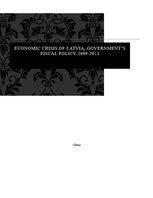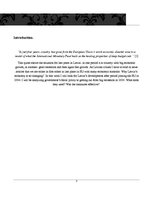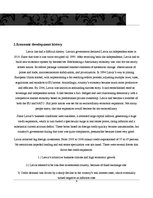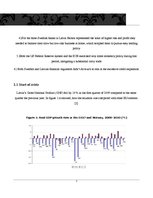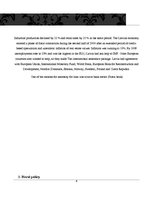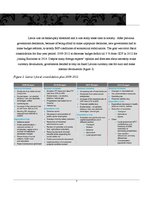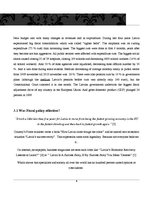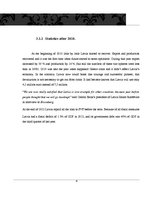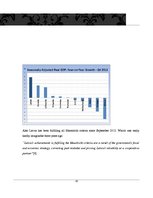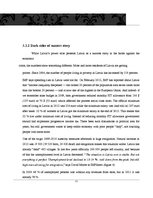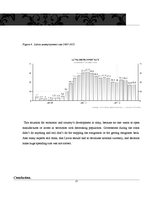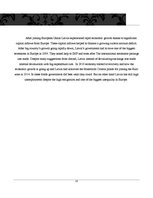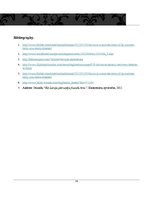2011–2015 гг.
| Nr. | Название главы | Стр. |
| 1. | Introduction | 3 |
| 2. | Latvia- economic development history | 4 |
| 2.1. | Start of crisis | 5 |
| 3. | Fiscal policy | 7 |
| 3.1. | Was fiscal policy effective? | 8 |
| 3.1.1. | Statistics after 2009 | 9 |
| 3.1.2. | Dark side of success story | 10 |
| 4. | Conclusion | 12 |
| 5. | Bibliography | 13 |
This situation for economic and country’s development is risky, because no one wants to open manufactures or invest in territories with decreasing population. Government during the crisis didn’t do anything and still don’t do for stopping the emigration or for getting emigrants back. Also many experts still think, that Latvia should had to devaluate national currency, and decision make huge spending cuts was not correct.
Conclusion.
After joining European Union Latvia experienced rapid economic growth thanks to significant capital inflows from Europe. These capital inflows helped to finance a growing current account deficit. After big country’s growth going rapidly down, Latvia’s government had to save one of the biggest recessions in Europe in 2008. They asked help to IMF and soon after The international assistance package was made. Despite many suggestions from abroad, Latvia instead of devaluating exchange rate made internal devaluation with big expenditure cuts. In 2010 economy started to recovery and now the economic growth is going up and Latvia had achieved the Maastricht Criteria points for joining the Euro zone in 2014. In these fields government did best what they could. But on other hand Latvia has still high unemployment despite the high emigration and one of the biggest unequality in Europe.
…
Latvia was on bankruptcy threshold and it was really tense time in society. After previous government demission, because of being afraid to make unpopular decisions, new government had to make budget reforms, to satisfy IMF conditions of economical stabilization. The goal was strict fiscal consolidation for four year period- 2009-2012 to decrease budget deficit till 3 % from GDP in 2012 for joining Eurozone in 2014. Despite many foreign experts’ opinion and forecasts about necessity make currency devaluation, government decided to stay on fixed Latvian currency rate for euro and make internal devaluation
Atsevišķas atsauces nekvalitatīvas.

